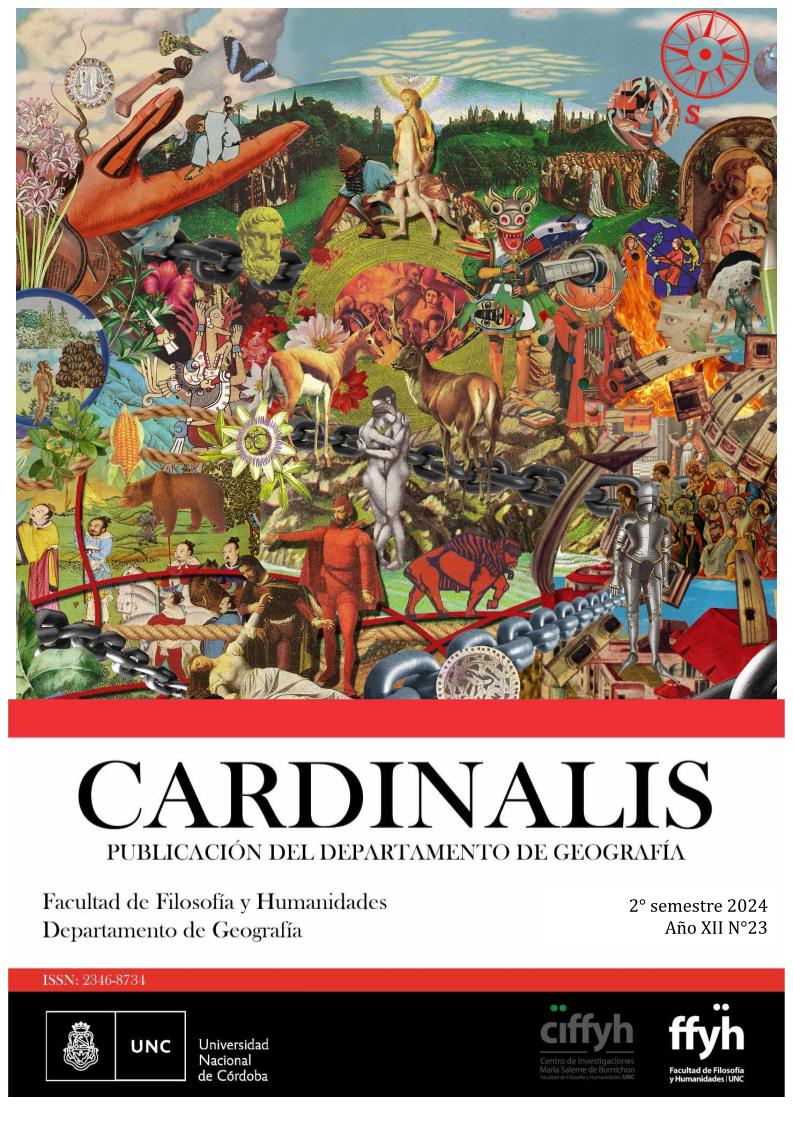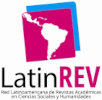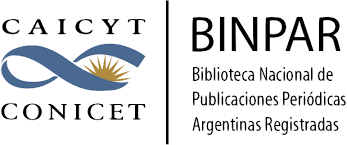‘When normality was the problem. Between the destituyente and the instituyente: reflections in the framework of the social revolt and the constituent process from the ecological proposals in the face of Chilean neoliberalism.
Abstract
The article analyses the Chilean social revolt of 2019 and the subsequent constituent process from an ecologist perspective. The relationship between the destituyente (the questioning of the established order) and the instituyente (the creation of new forms of social organisation) in the context of Chilean neoliberalism. In terms of the destituyente, the revolt, initiated by student protests against the increase in public transport fares, quickly evolved into a broader questioning of the neoliberal model inherited from the dictatorship and maintained by subsequent governments, focusing on the critique of the privatisation of natural and social common goods, established in the 1980 Constitution. From a political ecology perspective, the destituyente had a socio-environmental dimension, which manifested itself in actions such as the seizure of water wells and protests against extractivist megaprojects. The subsequent constituent process, particularly in the first Constitutional Convention (2021-2022), incorporated significant environmental demands, including the recognition of water as an inappropriate common good and of nature as a subject of rights. Despite the rejection of both constitutional proposals (2022 and 2023), both the revolt and the first constituent experience continue to be important references for thinking about overcoming extractivism and the reification of nature. The dispute for the commons continues, recognising that the times of peoples and social movements do not necessarily coincide with those of the institutions.
Downloads
Downloads
Published
License

This work is licensed under a Creative Commons Attribution-NonCommercial-ShareAlike 4.0 International License.
Aquellos autores/as que tengan publicaciones con esta revista, aceptan los términos siguientes:- Los autores/as conservarán sus derechos de autor y garantizarán a la revista el derecho de primera publicación de su obra, el cuál estará simultáneamente sujeto a la Licencia de reconocimiento de Creative Commons (indicada abajo) que permite a terceros compartir la obra siempre que se indique su autor y su primera publicación esta revista.
- Los autores/as podrán adoptar otros acuerdos de licencia no exclusiva de distribución de la versión de la obra publicada (p. ej.: depositarla en un archivo telemático institucional o publicarla en un volumen monográfico) siempre que se indique la publicación inicial en esta revista.
- Se permite y recomienda a los autores/as difundir su obra a través de Internet (p. ej.: en archivos telemáticos institucionales o en su página web) antes y durante el proceso de envío, lo cual puede producir intercambios interesantes y aumentar las citas de la obra publicada. (Véase El efecto del acceso abierto).

Esta obra está bajo una Licencia Creative Commons Atribución-NoComercial-CompartirIgual 4.0 Internacional.






